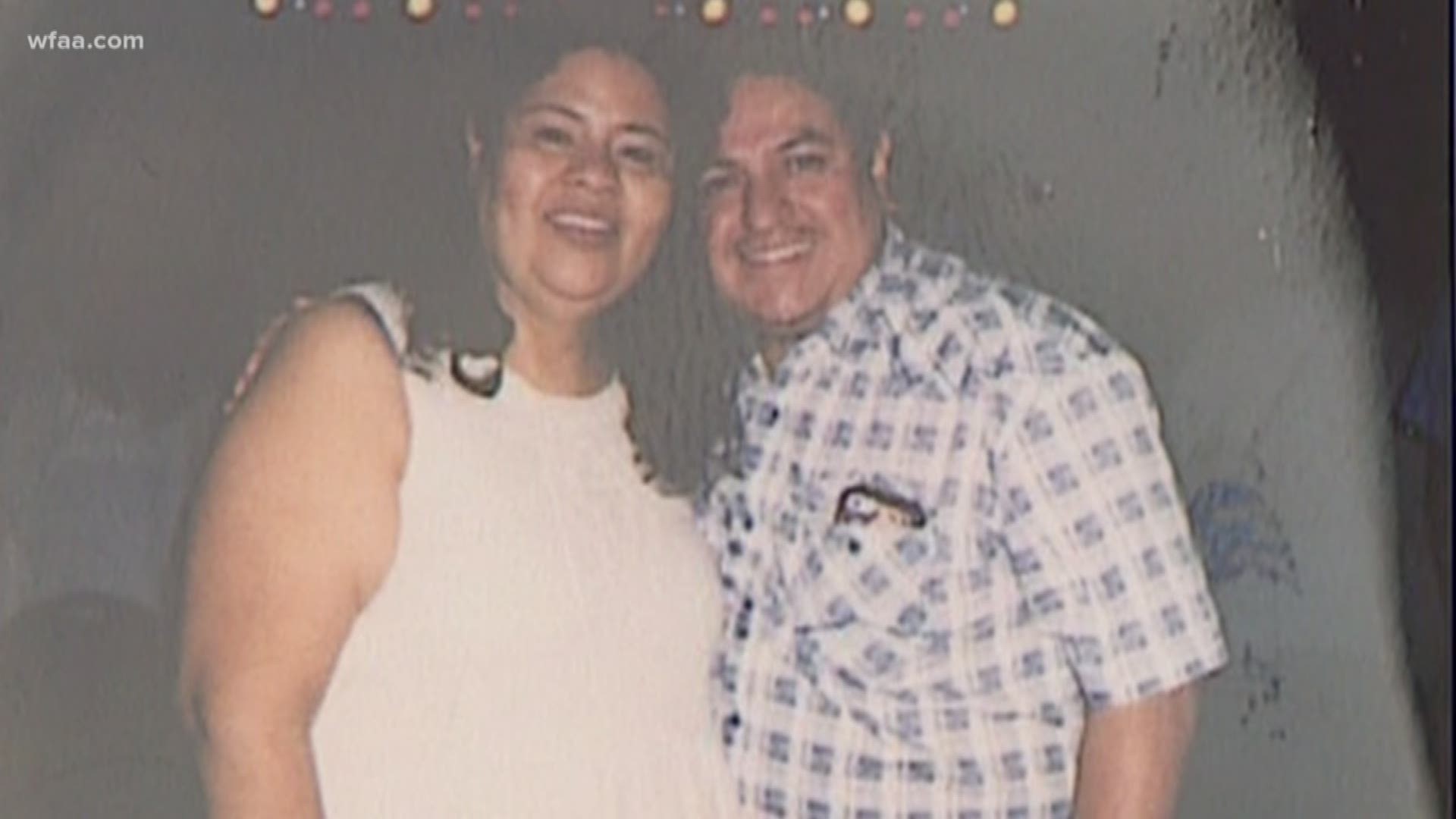DALLAS — President Donald Trump set a new fire in the immigration debate. He said he could sign a new executive order preventing children born to undocumented immigrants in the United States from getting citizenship.
DFW has the fourth largest population of undocumented immigrants in the country, only behind New York, Los Angeles and Houston, with 470,000 undocumented immigrants living in North Texas, according to the Pew Research Center.
Emma Chalott Barron, 22, is one of them. She is a dreamer whose parents immigrated illegally to the United States from Mexico when she was seven years old. "My parents couldn't find the jobs they needed to sustain themselves in Mexico," said Barron.
She has since graduated from Austin College with a degree in political science and is now a Dallas paralegal. She has temporary DACA status, which grants her a work permit and a social security number, and defers her immigration case. But the future of DACA is uncertain.
If birthright citizenship ends, it would mean that if she decides to have children, they would also be undocumented, even though she's been in the U.S. for over a decade.
"It would be like a big kick to the gut, really disheartening," she said.
Itamar Gelbman has a different point of view. The Denton County businessman is a first-generation American whose parents immigrated legally from Israel before he was born. They later moved back to Israel when he was five, and he returned to the U.S. shortly after completing service with the Israeli military at age 21.
He believes birthright citizenship should end. "If your family took advantage and broke the law, you should not be rewarded for breaking the law or yourself," said Gelbman.
James Meernick, a political science professor at the University of North Texas, said no president can use an executive order to change the right to citizenship for those born in the U.S. because it's granted in the 14th amendment.
"Amending the constitution is a very lengthy and difficult legal process," said Meernick.
It would take a two-thirds vote in both chambers of Congress or a convention called for by two-thirds of the state legislatures in order to amend the Constitution.

